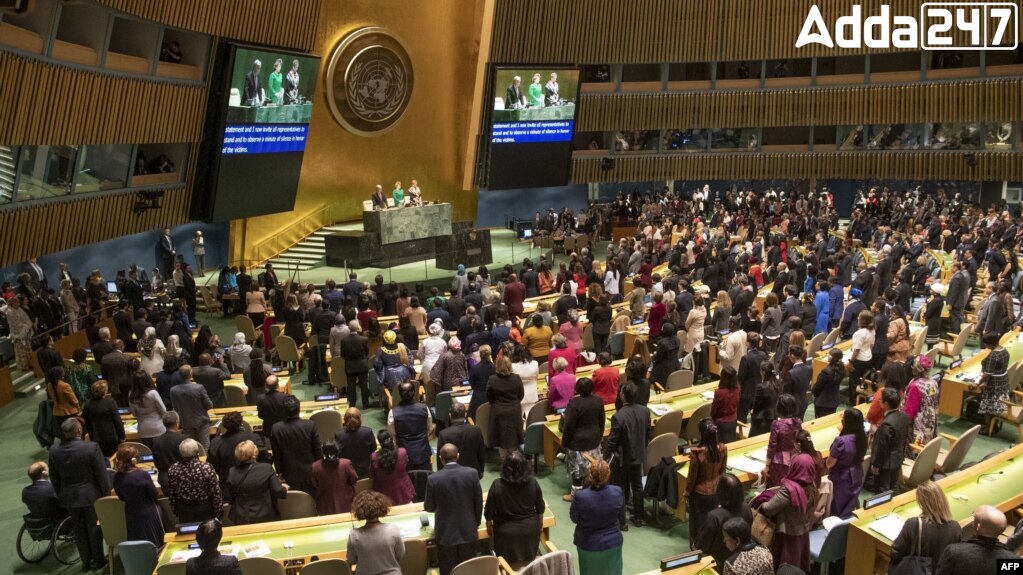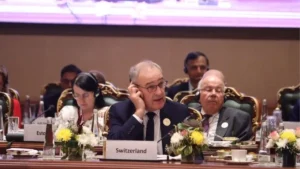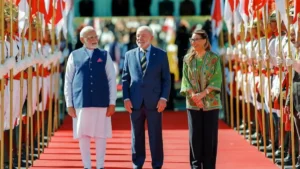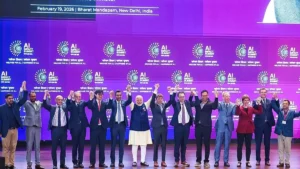Saudi Arabia has been chosen to chair the UN Commission on the Status of Women (CSW), despite widespread criticism due to its poor record on women’s rights. The appointment of Saudi Ambassador Abdulaziz Alwasil has sparked outrage from human rights groups, given the stark disparity between the kingdom’s actions and the commission’s mandate to promote gender equality.
Appointment Process
- Unopposed Bid: Saudi Arabia’s bid for leadership went unopposed during the CSW’s annual meeting, with no dissent from the 45 member states.
- Acclamation: Ambassador Alwasil was elected as chair by “acclamation,” as there were no rival candidates.
- Last-Minute Lobbying: Saudi Arabia’s candidacy came late in the process, with Bangladesh initially expected to take over the chairmanship. Saudi Arabia’s last-minute lobbying efforts are viewed as an attempt to improve its international image.
Human Rights Concerns
- Abysmal Record: Human rights groups highlight Saudi Arabia’s abysmal record on women’s rights, noting significant disparities between men’s and women’s rights, even under the law.
- Key Year Ahead: Saudi Arabia assumes the chairmanship in a critical year, coinciding with the 30th anniversary of the Beijing declaration, a pivotal moment for women’s rights globally.
Criticism and Response
- International Outcry: Amnesty International and Human Rights Watch condemn the appointment, emphasizing Saudi Arabia’s ongoing detention of women’s rights activists and failure to address systemic gender inequalities.
- Call for Action: Human Rights Watch urges CSW members with better women’s rights records to challenge Saudi Arabia’s chairmanship, but silence prevails among member states.
- Limited Influence: The UK Foreign Office distances itself from the decision, stating it had no role in the selection process, but continues engagement with Saudi authorities on women’s rights issues.




 Geneva to Host AI Summit 2027 & UAE ...
Geneva to Host AI Summit 2027 & UAE ...
 India-Brazil Seal 10 Big Deals: A New Po...
India-Brazil Seal 10 Big Deals: A New Po...
 AI Impact Summit 2026 Concluded As 89 Na...
AI Impact Summit 2026 Concluded As 89 Na...








